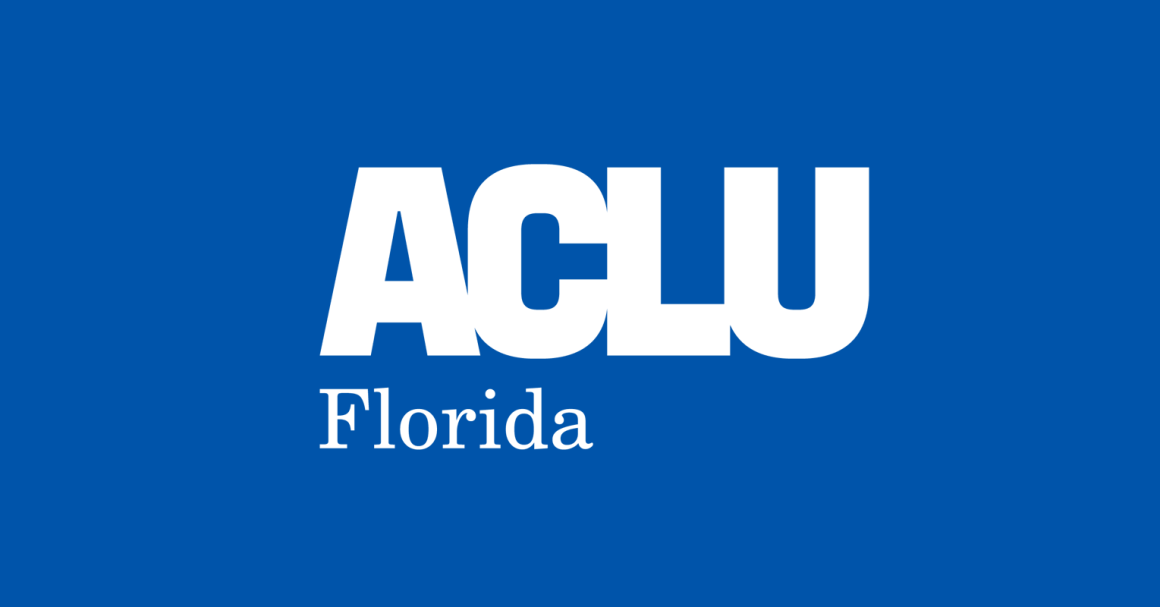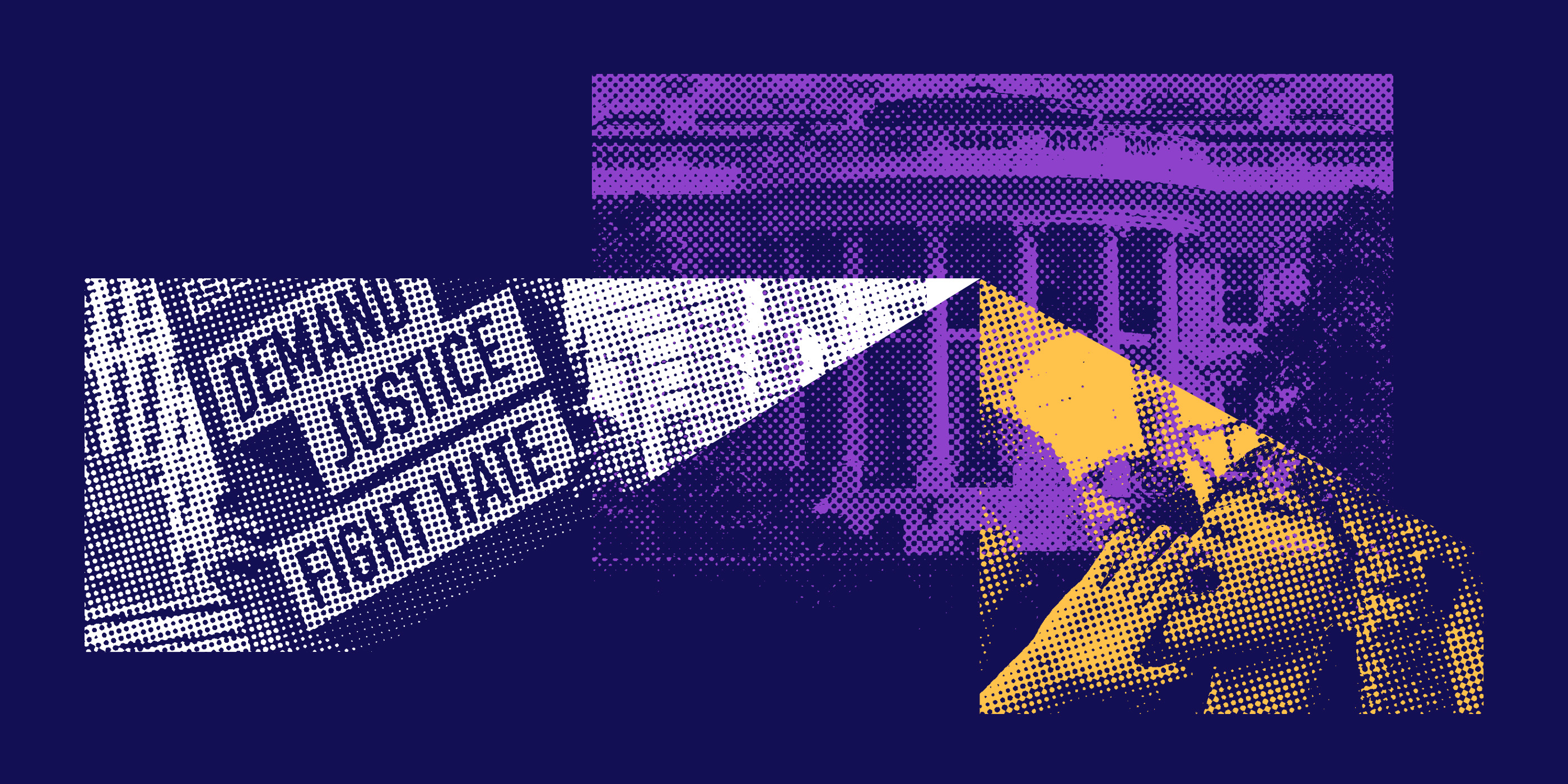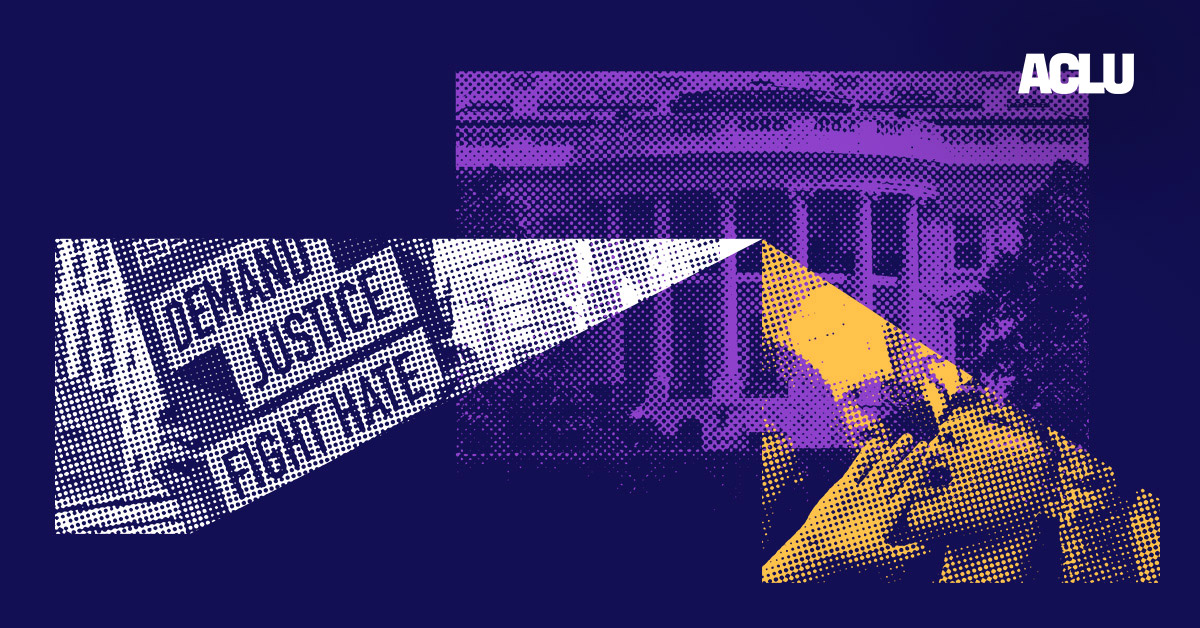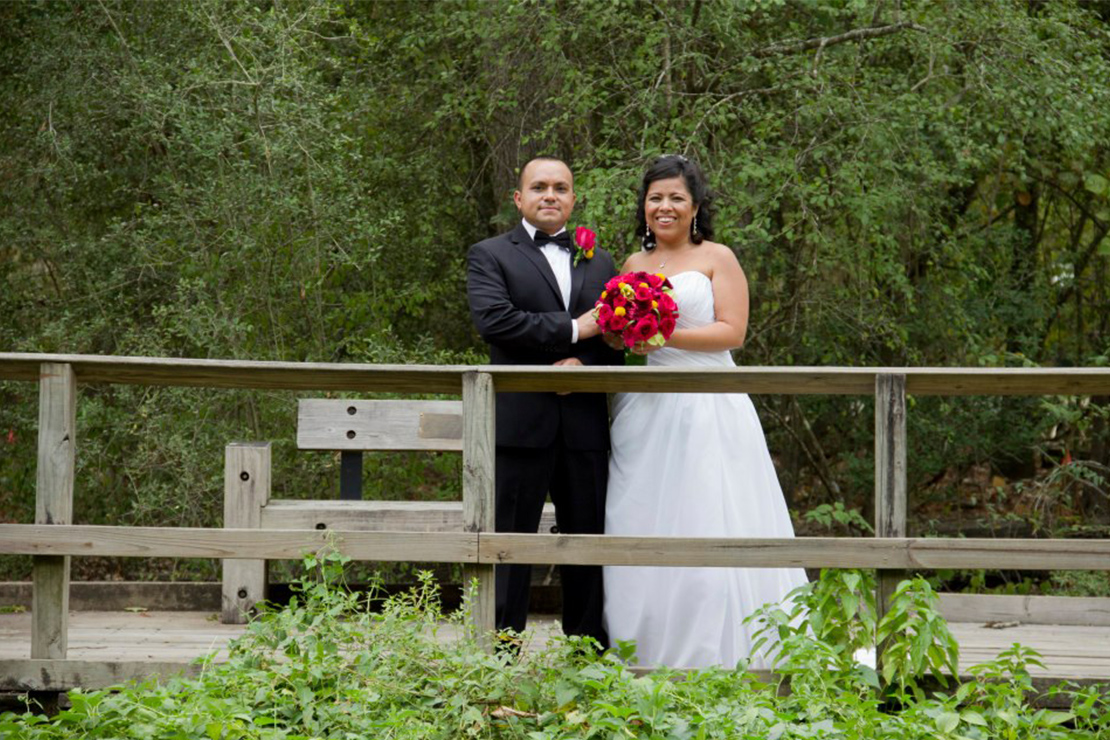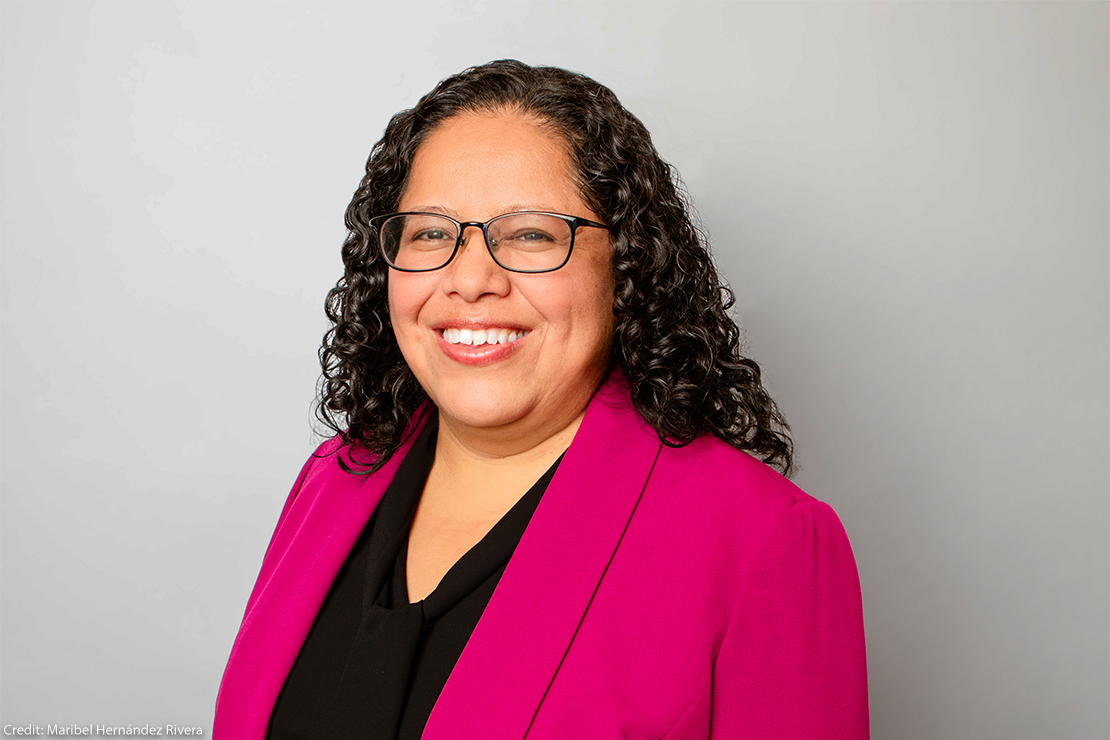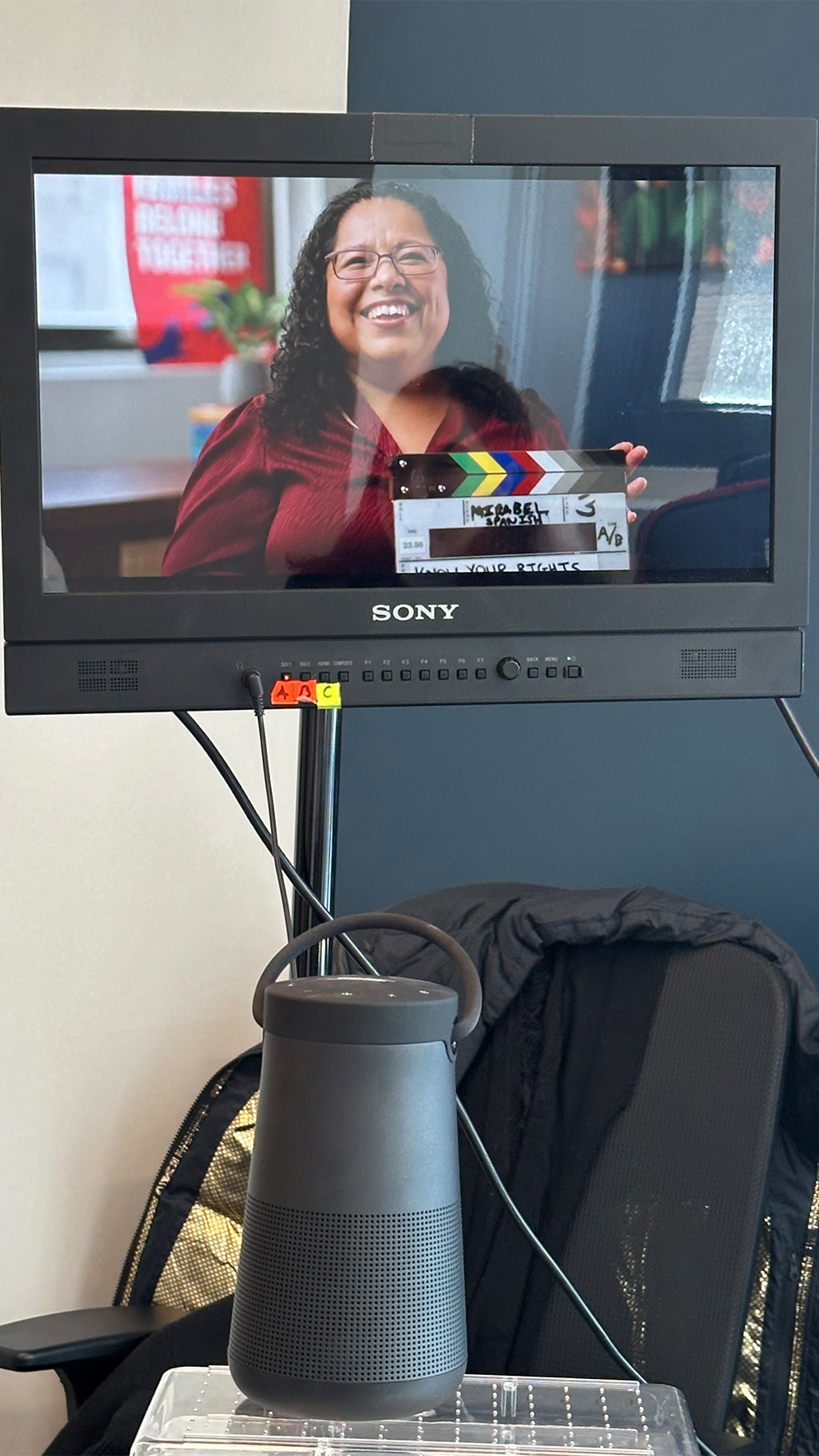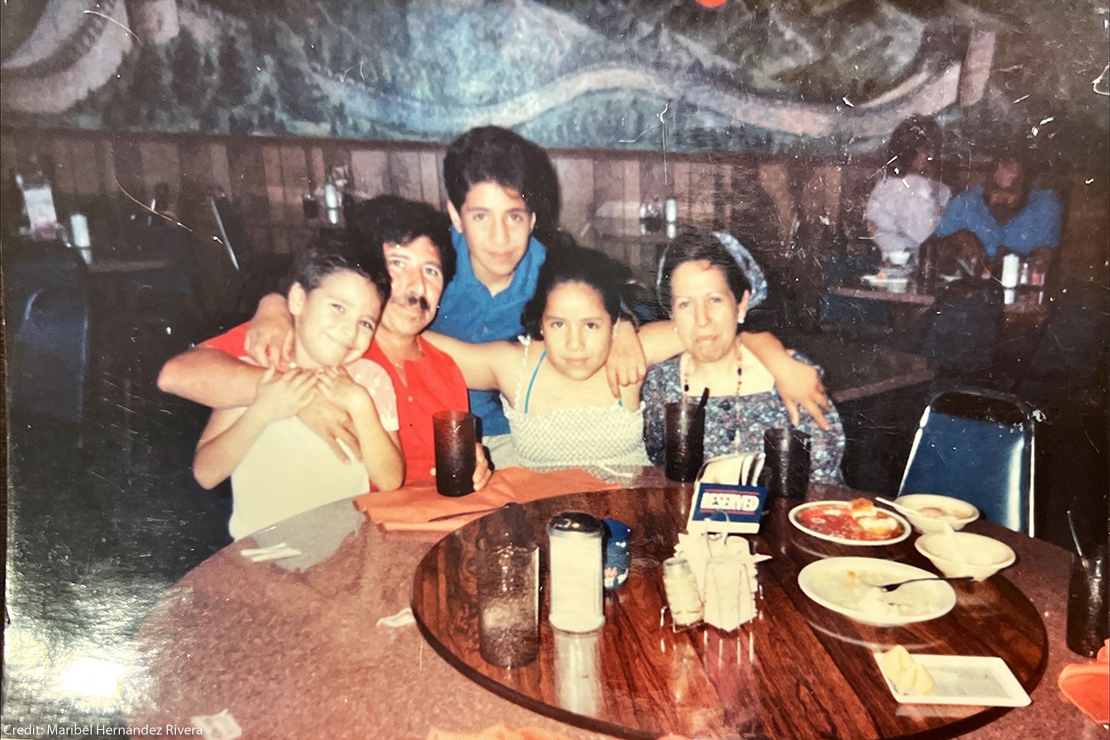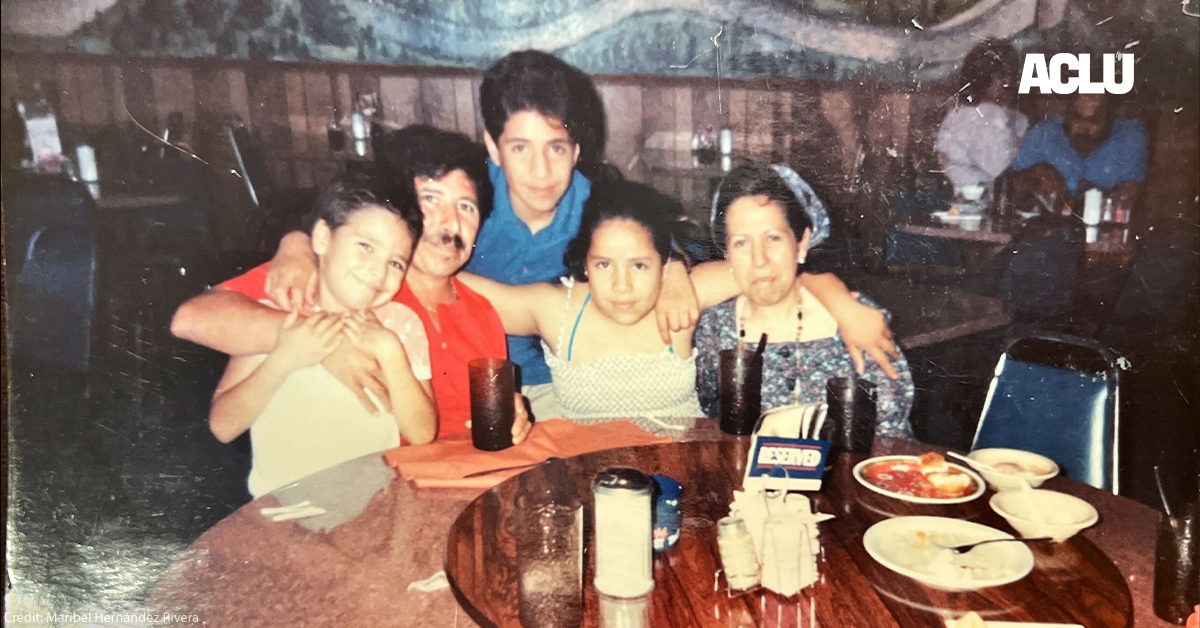In a rare occurrence, this year Martin Luther King Jr. Day will coincide with the inauguration of President Donald Trump. The two federal holidays have only fallen on the same day once since former President Ronald Reagan made Martin Luther King Jr. Day a national holiday in 1983.
At the ACLU, we’re using this rare Inauguration-MLK Day pairing to advocate for our civil rights and civil liberties. While we don’t endorse or oppose candidates for elected office, we recognize that Trump’s re-election will have immense implications for the future of our democratic norms, institutions, and processes.
Dr. King encouraged Americans to engage in nonviolent resistance to overcome injustice and oppression. In his honor, the ACLU has created a non-exhaustive guide for how to take action and join the effort to create a more perfect union. Read more below.
LEARN … about the issues, people, and policies shaping our lives.
Catch Up On Project 2025
Project 2025 is a federal policy agenda and a blueprint for a radical restructuring of the executive branch that threatens to strip away our vital civil rights and civil liberties. Published by conservative think tank The Heritage Foundation and aligned with the Trump administration, its 900-page proposals would undercut decades of progress and Constitutional protections.
In 2024 we broke down the impact that Project 2025 will have on real people. From immigrant families torn apart, to the denial of vital reproductive healthcare, to censorship in our classrooms, Project 2025 promises vast and devastating ramifications. While Project 2025’s alarming vision threatens our fundamental liberties, the ACLU has a roadmap for how we’ll continue to fight for an America where we have the right to say what we want, to control our bodies, and participate freely in society. To join us in the fight, add your name to a growing movement of community members looking to fight back.
Read Up On Other Civil Liberties News
At the ACLU, we believe that knowledge is power. To help communities make informed decisions about our civil liberties and civil rights, our news blog offers perspective on current events, updates on our legal and advocacy work and real stories from the individuals and groups impacted by the fight for our rights.
In 2024, we explained what’s at stake in the Supreme Court case on gender-affirming care. We broke down what the Constitution says about birthright citizenship. We also explored why the government should not be allowed to childproof the internet and why banning TikTok is unconstitutional.
Our news page is updated regularly with the latest from the courts, Congress and our communities. Bookmark this page or sign-up for email updates to stay informed.
TRACK … the bills, state court cases and more that impact our rights.
Track Bills Across the Country
Bill tracking, or the monitoring of proposed laws that may expand or restrict our rights, empowers us to stay informed, take action, and intervene before bills become law. To follow bills, start by visiting your state legislature’s website, where most have searchable databases containing summaries of current legislation, bill sponsors, and voting history.
From Roe v. Wade and the Dobbs case, which overturned the right to an abortion; to Loving v. Virginia, which struck down laws banning interracial marriage; and Obergefell v. Hodges, which recognized marriage equality across the country — many Supreme Court cases that address all of our civil rights come from laws that were passed in state legislatures.
At the ACLU, our 54 affiliate offices across the nation provide local connections to attorneys and advocates working on state-level civil rights issues impacting your community. Use our interactive map to find your affiliate, learn about local legislative action, and access resources to inform your advocacy. The ACLU action page is also updated regularly with petitions and volunteer opportunities to help you get involved in your state.
Track State Supreme Court Cases
State Supreme Courts are responsible for interpreting their own state’s constitution and laws, and serve as the highest authority in a state’s judicial system. This often means that state Supreme Courts have the power to provide broader protections for civil rights and civil liberties than the U.S. Supreme Court or federal law.
With federal courts growing increasingly hostile to civil liberties, state Supreme Courts have become a first line of defense for our freedoms. In 2023, the ACLU launched its State Supreme Court Initiative to advocate for improved access to these courts and their cases.
To learn more about your state Supreme Court, find your court on our interactive map and read reports on key state court cases across the country.
ORGANIZE … to protect our most fundamental rights.
Lead or Attend a Protest
The First Amendment protects your right to assemble and express your views through protest. However, police and other government officials are allowed to place certain narrow restrictions on the exercise of speech rights. Want to know what actions are protected? The ACLU’s Know Your Rights (KYR) guide empowers all individuals with clear, practical information about their constitutional and civil rights.
Before you hit the streets, read our guide and then test your civil liberties knowledge with the ACLU’s Know Your Rights quiz. If your rights have been violated, you can take action by finding your local ACLU affiliate and filling out their online form to report any civil liberties violations.
Engage Your Community
The ACLU's "How to Organize" resource offers ideas to help you engage and organize your community. Whether it's starting a group, joining existing coalitions, leading a protest, or activating a PTA, there are many ways you can take the first step to fight back.
No matter who is president, the ACLU’s advocacy and organizing teams are working to build a firewall for freedom – a barrier that stops the spread of constant attacks on our civil rights – in our communities. Want to join the ACLU in protecting our freedoms? Our volunteer teams are dedicated to mobilizing communities across the country in defense of civil liberties. Sign up now to receive immediate steps to begin taking action.
TALK and WRITE … about the issues that matter
Start a Conversation
At the ACLU, we believe speaking up is key to a strong democracy. By using our voices, we can hold leaders accountable and ensure that everyone’s rights and liberties are protected. Curious about how to discuss issues like abortion rights, LGBTQ rights, free speech, immigrants’ rights, and more? The ACLU has suggestions for how to open dialogues in your community.
Do you want to know what speech is protected by the First Amendment? Check out our three-part “Ask an Expert” podcast series where Ben Wizner, director of the ACLU's Speech, Privacy, and Technology Project, answers questions about the First Amendment, its protections, and its importance.
Write Your Elected Officials
Elected officials are meant to represent the people they serve, and it’s essential that we make sure they hear our voices. Writing to your legislators is one of the most powerful ways to exercise your rights and influence policy. Whether you’re drafting a letter or posting a message online, contacting your elected officials is a protected expression of free speech that plays a vital role in influencing decisions that shape our civil rights and liberties.
Effective advocacy starts with clear, concise communication. Take a look at the ACLU’s writing tips guide to make sure you’re equipped with strategies for crafting effective and impactful messages.
Whether you choose to take action using the resources shared here, or in other ways – like donating to causes you care about, expressing yourself creatively, seeking out wellness resources, or coming together with loved ones – there is no right or wrong way to fight for our rights, our communities and our nation.
At the ACLU, we’d love to see how you’re getting involved. Take a photo or video of what taking action looks like for you, share it on your social media page and tag the ACLU (@aclu_nationwide) on Instagram, or @aclu on X, Facebook and TikTok.
